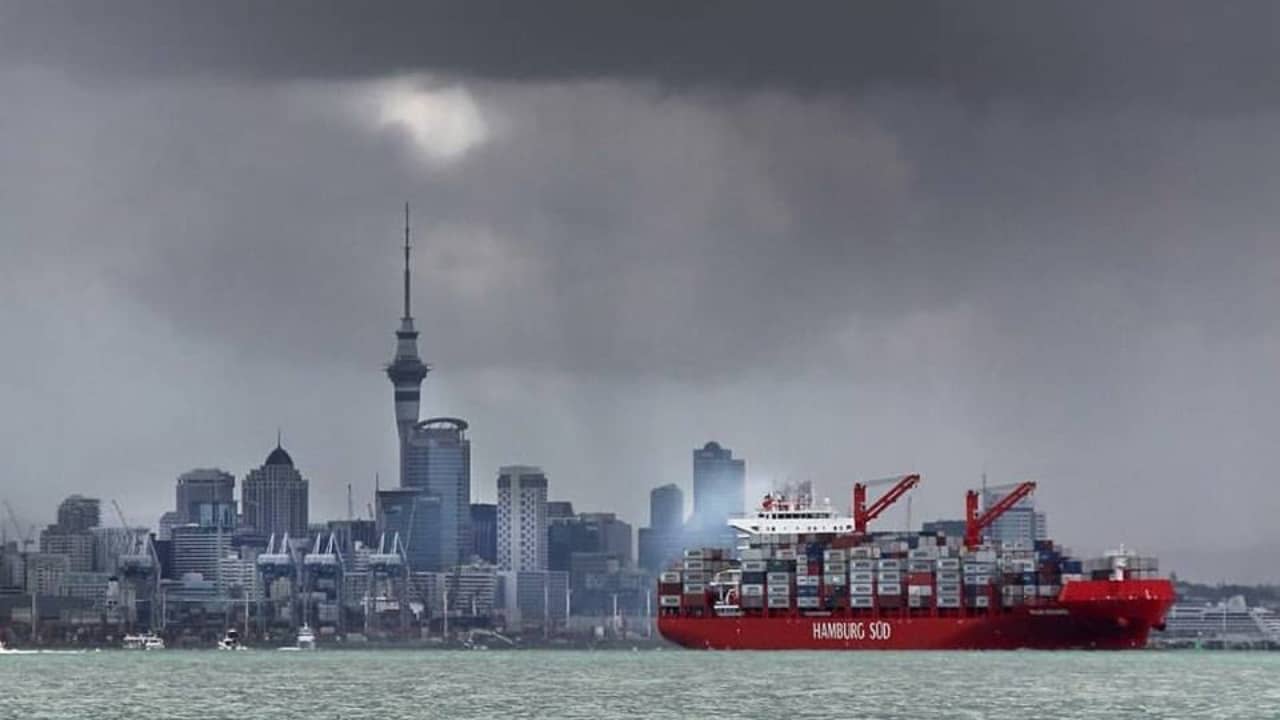
Can You Really Trust Parallel Imported Goods in New Zealand?
3-minute read
Parallel imported goods are genuine branded products that are imported into New Zealand (or other countries) and sold within that market without the brand’s owner consent.
Parallel importing gives importers the opportunity to offer authentic branded item to consumers at a more affordable price by cutting out the additional costs incurred where a middleman is involved.
There are certain upsides and downsides to parallel imported merchandise, and it’s important to understand both sides before you commit to bringing in branded goods outside of the country for re-sale.
Here are 7 things you should know about parallel imports into New Zealand.
1. Parallel Imported Goods are Genuine Products
Parallel imported cargo is not counterfeit, illegal, fake, or of a lesser quality than consumers have come to expect of authentic brands. Parallel importing has been legal in New Zealand since 1998, where authentic products are imported from other countries without permission from the intellectual property owner.
2. Parallel Imported Goods are More Reasonably Priced
The reason parallel imported shipments are growing in popularity with consumers is because a wider range of quality products can be offered at a more reasonable price. More and more sellers are engaging in parallel importing for this very reason.
These items are more affordable than the alternative because they can be sourced through legitimate overseas supply chains without a middleman. In other words, parallel imported merchandise is not subject to local agents or licensees.
3. After-Sales Support May be Limited
Local agents and distributors are likely to offer support and warranty on their stock. With parallel imported goods, you may not have any kind of after-sales support whatsoever. Moreover, manufacturers may not support merchandise that was purchased through parallel importing channels.
4. Some Items May be Designed for Exclusive Use in Certain Markets
In some cases, imported cargo may not be specifically designed for use in New Zealand. In particular, electronic items can be problematic, be it locked cell phones or other goods that do not comply to domestic electrical safety standards. Some products may only come with manuals in other languages as well.
5. Parallel Importing is Legal
In New Zealand, retailers, wholesalers and other parties can obtain products from licensed and authorized overseas sources. These goods are subject to intellectual property rights, but it is not illegal to parallel import. According to the Ministry of Economic Development, parallel importing creates a healthy competition between providers.
Importers can bypass local agents, suppliers, or licensees in obtaining stock from overseas channels.
6. There are Restrictions on Parallel Importing of Films
According to the Ministry of Economic Development, There is a partial ban on the parallel importation of films in New Zealand. It is an infringement to import copies of a film on VHS tape, VCD, DVD as well as Blue-ray for purposes other than private and domestic use for nine months from the date the film is first made available to the public.
A legitimate copy of a film can be imported into New Zealand for private use, but it cannot be used for commercial purposes, including rental or sale, for the previously mentioned nine-month ban period.
7. Parallel Importing Laws Continue to be Amended and Changed
Parallel importing laws are reformed on an ongoing basis. If you are looking to import overseas branded goods on a regular basis, it would be wise to stay up-to-date with any and all changes to the law. This will ensure that you are always abiding by the law. Follow the official Parallel Importing in New Zealand Web page for the latest information.
P.S. Easy Freight Ltd helps New Zealand importers & exporters to save money on international freight and reduce mistakes by guiding how to comply with Customs and biosecurity rules.
➔ Contact us now to learn how we can assist you.
